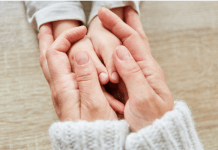![IMG_0013 [2305843009213926382]](https://thepittsburghmoms.com/wp-content/uploads/2016/08/IMG_0013-2305843009213926382.jpg)
I recently returned from my “bucket-list” safari in Africa. We visited Tanzania for 10 days, where we saw more animals than we could have imagined and had an absolutely amazing time! What I didn’t anticipate, however, was how affected I would be by the people we met in Tanzania. It really opened my eyes to the differences between our countries: our resources, our approaches towards parenting, and our attitudes. Here are some things that struck me…
In the United States, I do my family’s laundry in a high-efficiency washer and dryer located directly off of my kitchen. I wash multiple loads of clothes, towels and sheets every week because we have so many of them, and fold them as I watch an on-demand movie on the flat-screen TV in my living room. I frequently gripe about how much of a burden this chore is.
In Tanzania, we met women who have to walk more than an hour each way to a natural spring to wash the few items of clothing their family owns. These women then carry a 5-gallon bucket of the spring water back to their homes as their family’s only water supply, often with an infant strapped to their backs.
In the United States, I have my choice of numerous grocery stores, where in the first aisle alone I see more food than my family can ever hope to consume. I am overwhelmed with worry about whether I am choosing the “healthiest” ingredients for my children. I complain about the prices, and members of my family may refuse to eat what I prepare.
In Tanzania, we spent time with women whose only source of food is corn and beans. They grind the corn into flour between two stones, then prepare the family’s only meal for the day over an open fire. We also spent time with a tribe whose only source of food is animals that were hunted by the young men in the tribe – if the hunt is unsuccessful, no one in the tribe eats.
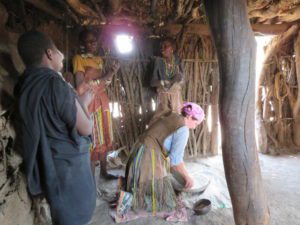
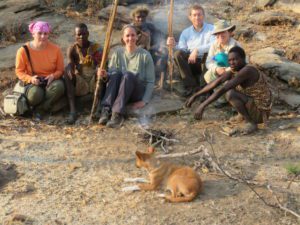
In the United States, I drive my SUV to work every morning and grumble about the traffic. I might drive through Starbucks for coffee on the way. At my job, I apply the skills I learned while earning two college degrees. My job provides my family with healthcare, life insurance and more than enough money for all of the things we “need.” I bemoan how stressful my job is and how exhausted I am on a daily basis.
In Tanzania, we met women who walk five miles each way to their seasonal jobs picking coffee beans at a local farm. They pick beans all day under the blazing African sun, and are paid 50¢ for every 5-gallon bucket they fill. Stopping for a break means less buckets get filled. When the coffee growing season is over, they move on to other manual labor jobs for similar wages.
In the United States, I have a choice to breastfeed or use formula. I have heard heated exchanges and read numerous blogs about what is “right” or “best” on this topic. If formula is needed, I can buy it in different forms at multiple locations. Whatever I decide, there is an abundance of resources to guide and support me.
In Tanzania, formula is $12 per can, and the average family income is $100 per month. If a mother dies during childbirth or can’t breastfeed her baby for any reason, her baby will most likely starve to death. At an orphanage we visited, staff members boil 30-50 gallons of cow’s milk every day to feed the abandoned babies in their care.
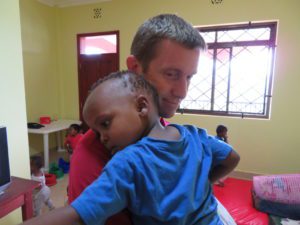
In the United States, I often find myself parenting in fear. My son might not be safe walking to his friend’s house in our neighborhood by himself… my daughter might not be able to talk to the school librarian on her own… my tween kids might not be old enough to do chores properly… and so forth.
In Tanzania, we saw children as young as six years old herding all of their family’s cattle on the open plains, alone. The children are trusted with responsibility and expected to contribute to the whole family’s welfare.
In the United States, we have So. Much. Stuff. We have more clothes, toys, books, games, devices, furniture and appliances than we can ever hope to use regularly. And yet we are frequently comparing ourselves to others, and always seem to want more.
In Tanzania, we met a tribe where each person can carry all of their possessions on their backs.
In Tanzania, literally everyone we encountered was pleasant, and the country is peaceful. No one complained about what they didn’t have – in fact, everyone seemed thankful that they had enough for today. At times, we could literally feel the country’s happiness and gratitude.
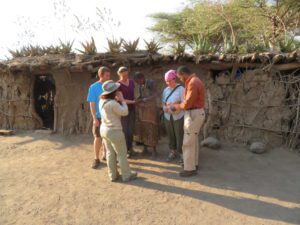
Seeing so many majestic animals and the spectacular African scenery was a lifelong dream of mine, and it was all that I thought it would be… but the lessons the people of Tanzania taught me might turn out to be even more meaningful.
To read more about the orphanage we visited, go to http://www.neemavillage.org/.




